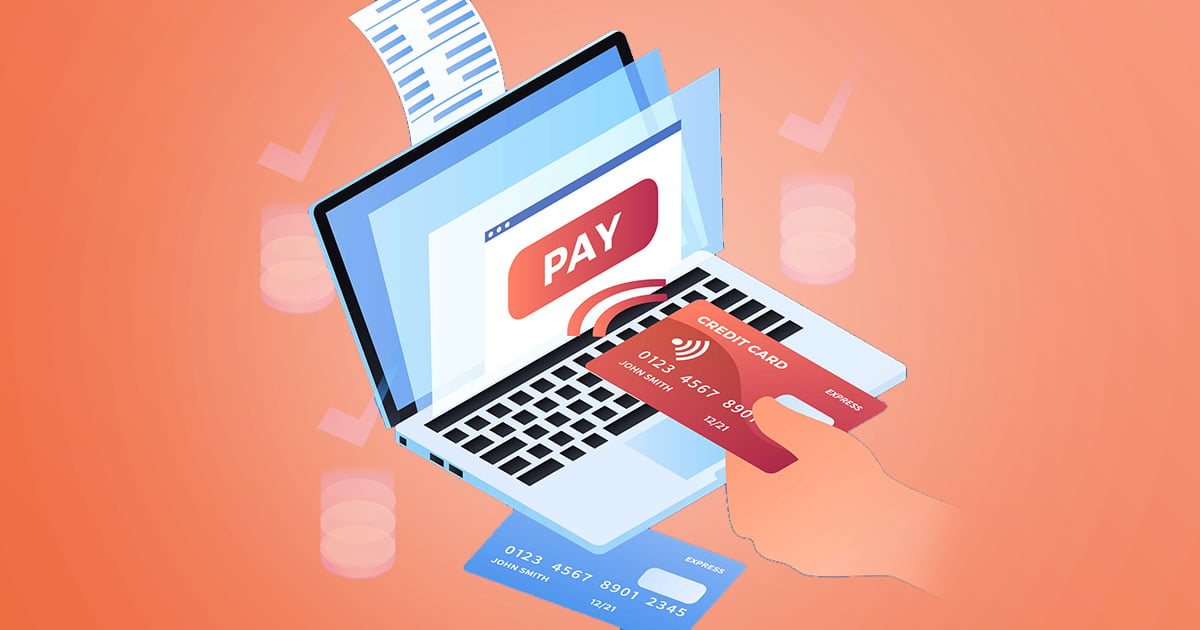The last few years have seen massive growth in the eCommerce sector with the arrival of the pandemic accelerating this momentum. Payment portals, particularly for small business operators, have become the most convenient way to conduct transactions safely and conveniently.
Here’s a look at the incredible benefits of payment portals for your business.
Useful Terminology
Before diving into this innovative payment technology, it’s important to understand the terminology used in this sector.
The Merchant
This is an online business offering a product or service. This could be in retail, travel, gaming, eCommerce or other industries.
The Customer
Also referred to as the ‘cardholder’, the customer is the individual looking to access the products or services supplied by the merchant.
The Acquirer
Or the ‘acquiring bank’ is the financial institution that maintains the merchant’s bank account. The acquiring bank passes the merchant's transactions onto the issuing bank to receive payment.
The Issuing Bank
This is the customer’s bank that issued the credit or debit card being used for this particular transaction.
Merchant Account
This is the specific bank account needed for card payments and online trading. The merchant account can be provided by payment gateways, payment service providers, acquirers or payment processors.
Merchant Identification Number (MID)
Once you’ve applied for a merchant account and it’s approved, you’re assigned an MID for your merchant account. This is needed for processing card transactions and moving funds from issuing banks to your business bank account once authorised by the acquirer.
What Is a Payment Portal or a Payment Gateway?
The technology captures and transmits payment data between the customer and the acquirer and then the acquirer accepts or declines the transaction. Payment portals allow online payments for small businesses by validating the customer’s card details, ensuring sufficient funds are available and effectively paying the merchants. The payment portal is essentially the middleman between you (the merchant) and your customer.
What Are the 5 Benefits of Payment Portals?
As a small business owner, this form of credit collection is beneficial in so many ways. Here’s a look at our top five:
1. Security Features
The payment gateway uses the latest industry-standard encryption so that sensitive data of both the merchant and the customer is protected against cyber theft and fraud. With a payment gateway, there’s no question about the authenticity of the payment. This is because the sale can only be authorised once the credit or debit card number has passed through, and the funds have been transferred into your account.
Here’s how the encryption process works:
Payment portals have client-side encryption, or encryption-at-source, whereby all the sensitive information on the customer’s side of the device is encrypted before it’s sent to the merchant’s server.
Firstly, the customer enters their details on the payment page, which is then securely transferred to the payment gateway. The gateway encrypts (also known as ‘tokenizing’) the card details, carrying out fraud checks before sending the details to the acquirer. The acquirer then sends the information to the card schemes (usually Visa or Mastercard) which then performs further checks before sending the data to the issuing bank, where another fraud check is performed.
When a transaction is approved or declined, the message is sent from the card scheme to the acquirer, to the payment gateway, and then to the merchant.
Through these encrypted payment portals, you’re able to provide your customers with solid assurance that their transaction is completely safe. This encourages a positive trend in driving eCommerce growth that allows for the growth of the small business sector.
2. Better User Experience
Through a payment portal, customers actually have access to their own transaction data which includes all related documents and details such as purchase history, invoices, and payment activity. Payment gateways can also bundle shopping cart software into their programmes so that the customer can select products and add them directly to the shopping cart before deciding when to checkout.
This shopping cart will automatically calculate the total cost of all the items being purchased, including tax and shipping charges if relevant. The shopping cart option is also helpful for undecided shoppers who would like to add items to a cart, and then decide on payment at a later stage. There’s also the option of selecting items as ‘favourites’ which can be added to the cart or removed when desired.
3. Shopping Convenience
With a payment portal, even for small businesses, you’re able to remain open for business 24 hours a day, seven days a week at no extra cost. This means people can shop for items wherever they are, whenever they like, from the comfort of their own homes.
There’s also no need for visiting any physical shops or banks – particularly relevant in an era of forced social distancing and the need for enhanced safety measures. Payment portals will save a customer’s credit card information securely so that they don’t have to re-enter their details for every transaction. This encourages repeat business.
4. Increased Revenue
With payment portals driving eCommerce, small business owners don’t have to contend with the high cost of running a physical store thereby saving on costs. These portals have also attracted more consumers online with shoppers searching and comparing products across the globe. Rather than restricting your reach to just foot traffic past your physical store, you can attract interest from anywhere in the world.
5. Better Accounting
Payment portals make bookkeeping that much easier when it comes to filing taxes. Digital records are easily organised with no confusing paperwork or missing documents. Each transaction produces a signed digital receipt for the customer and the merchant so that you can digitally archive daily, weekly and monthly sales.
Payment portals make bookkeeping that much easier when it comes to filing taxes.
This makes accounting easier and also gives you better insight into your business performance, where changes can be made and elements like customer loyalty programmes introduced.
Chaser is the leading supplier of payment portals for small business credit collections. Contact them today to find out how they can get your eCommerce platform connected with customers today.




